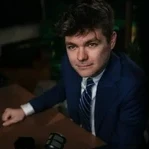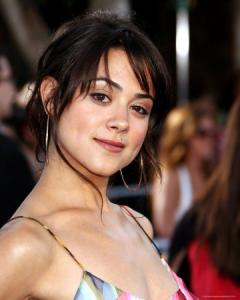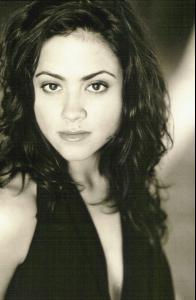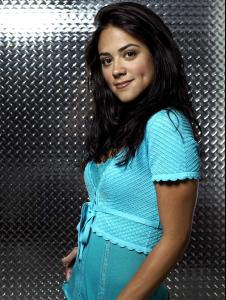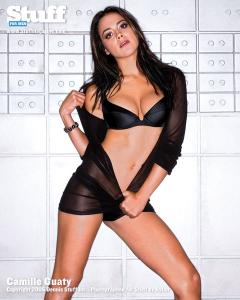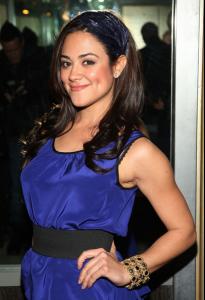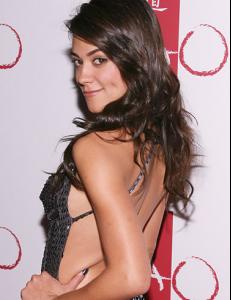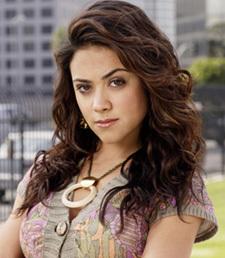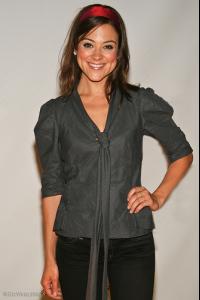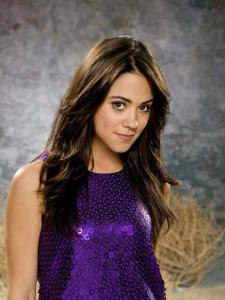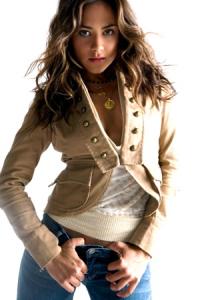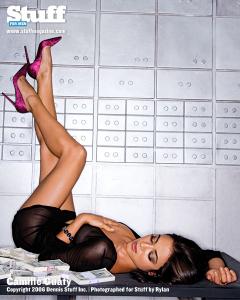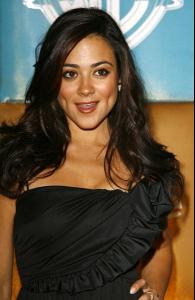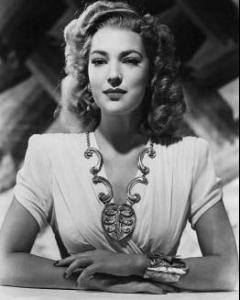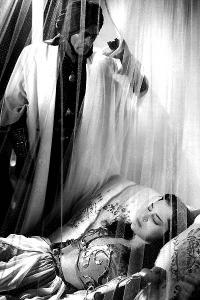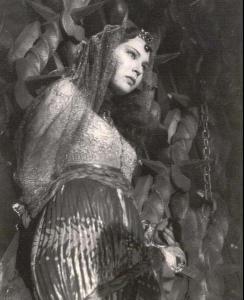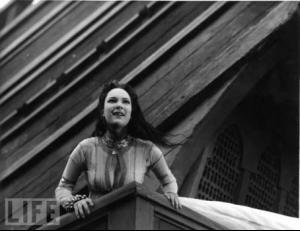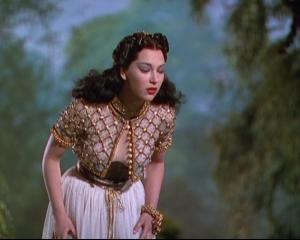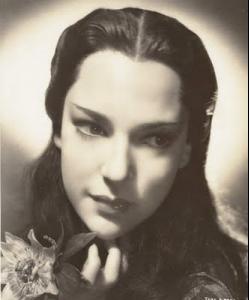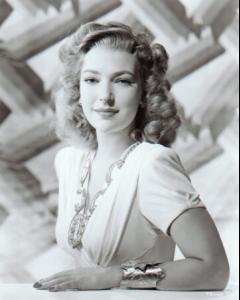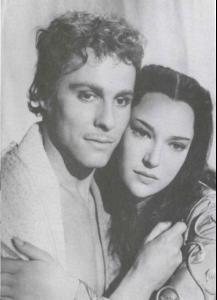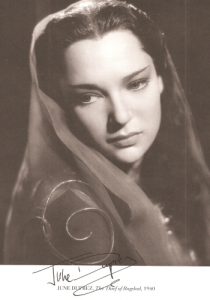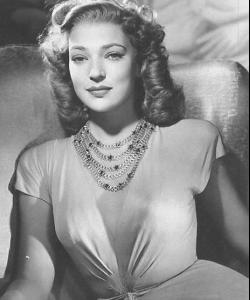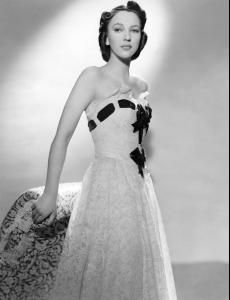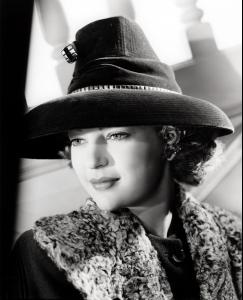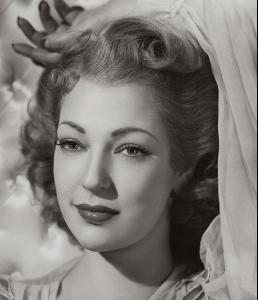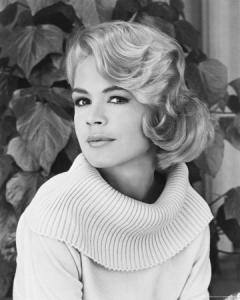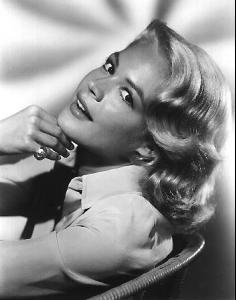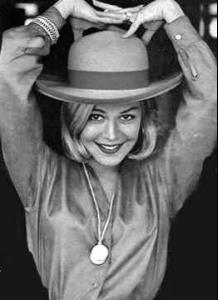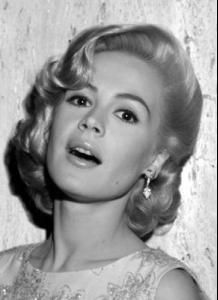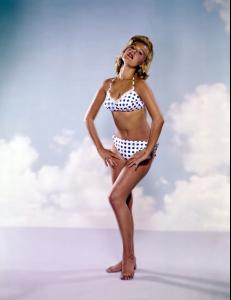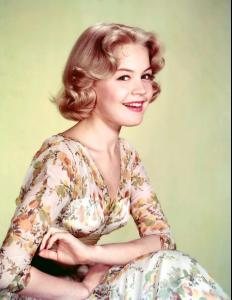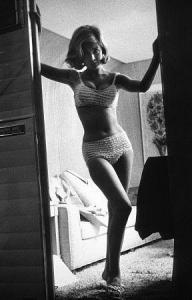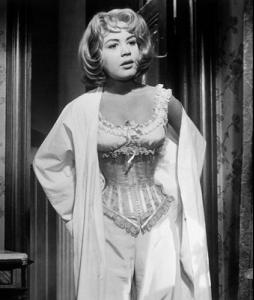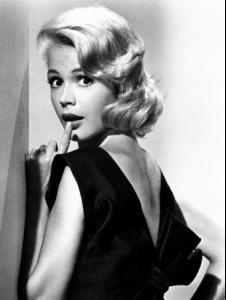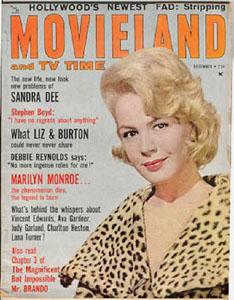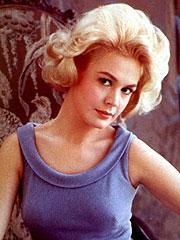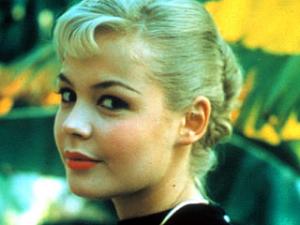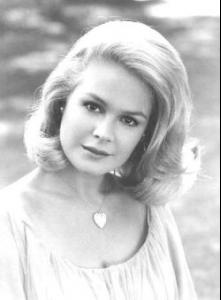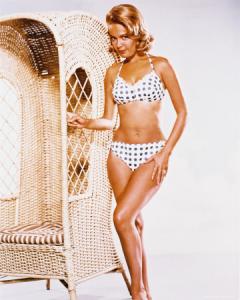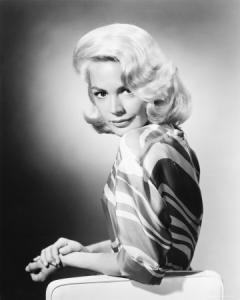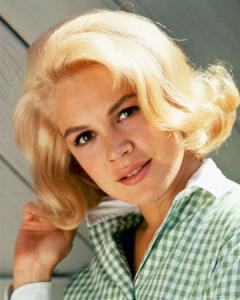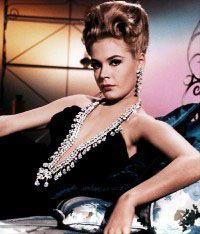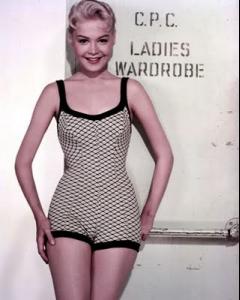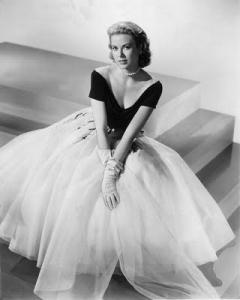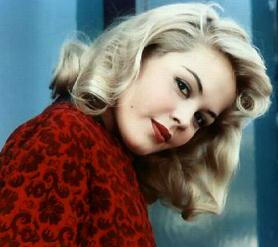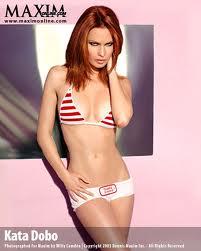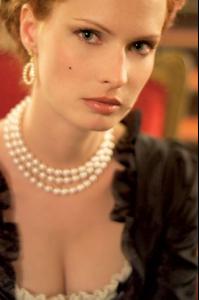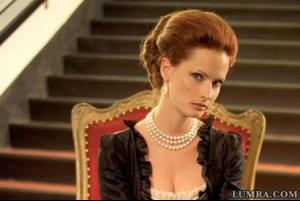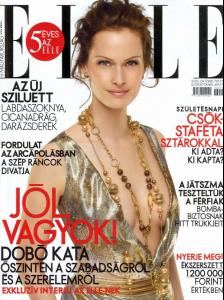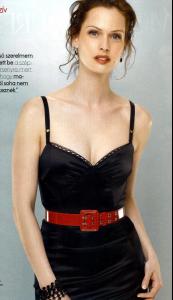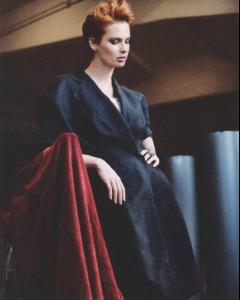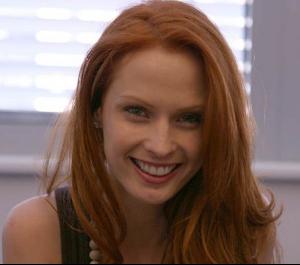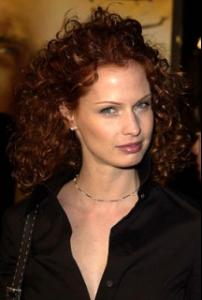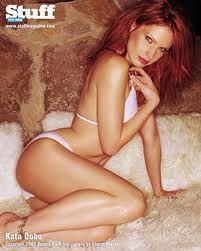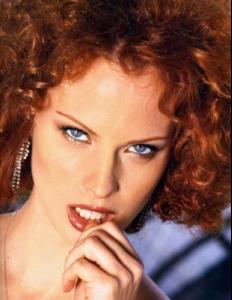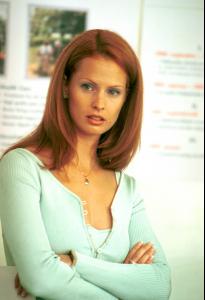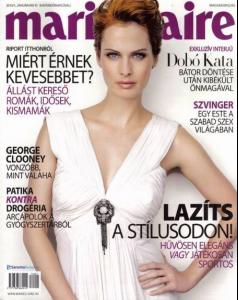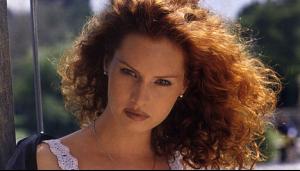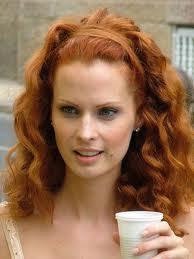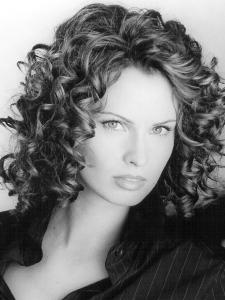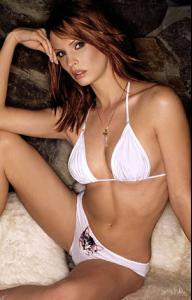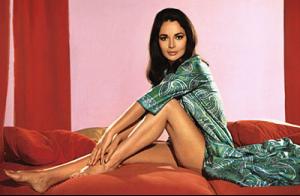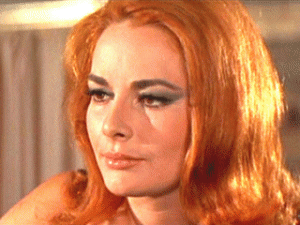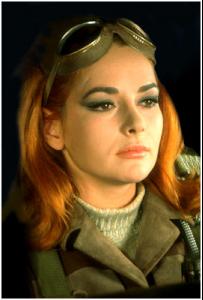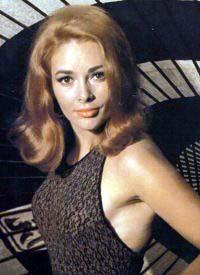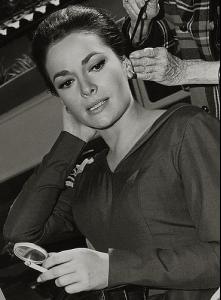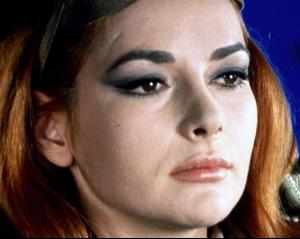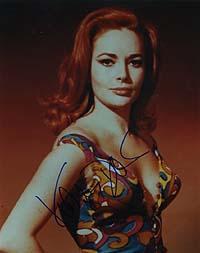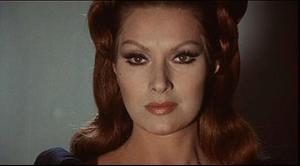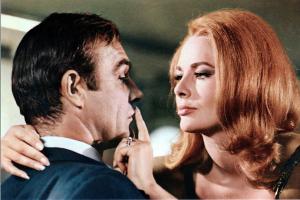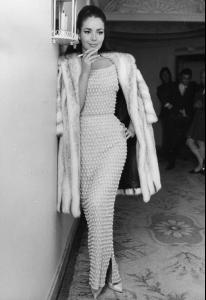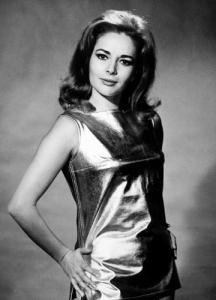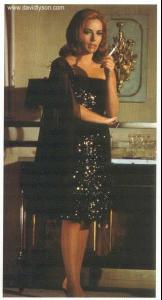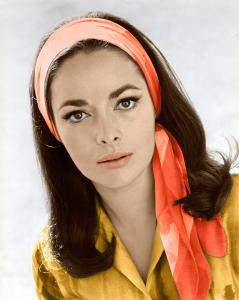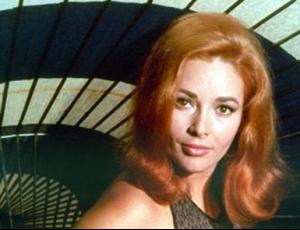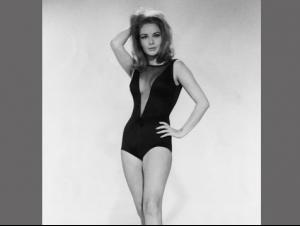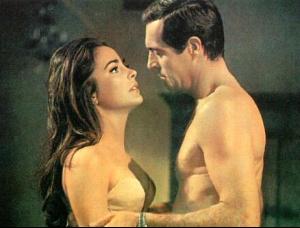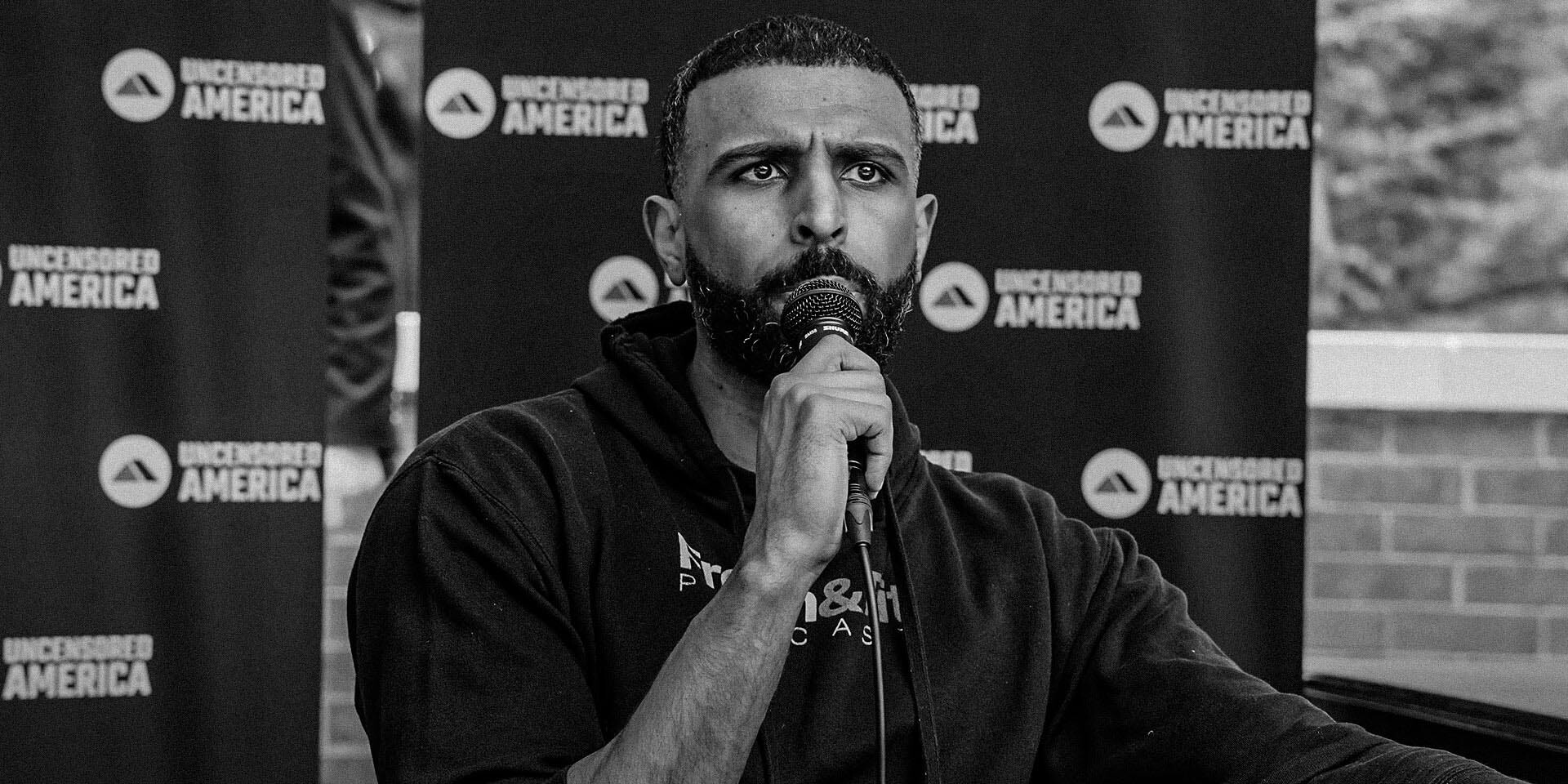
Everything posted by COP11
-
Models Competition
Lips: 7 Smile: 5 Hair: 8 Eyes: 9 Nose: 7 Abs: 2 Cleavage: 6 Butt: 5 Legs: 7
-
Answer The Question Above !
If they were close to me no Are you stressed out today?
-
The "What Are You Thinking About Right Now?" PIP
Uh-Oh
- I Am...
-
The Lovelist Brunette
Elizabeth x5 Ramsay x5 Natalie x5 Barbara x5
-
Answer The Question Above !
Of course Do you like them on women?
-
Answer The Question Above !
No. Thought about it but I haven't Are you getting any more?
-
I Am...
FOOD!!! Limer what were you thinking?? taking my kids to see Cars 2
-
The "What Are You Thinking About Right Now?" PIP
I hope these kids behave in the theater
-
Answer The Question Above !
Loyalty. If someone is talking BS about any friend of mine I shut it down real quick and I expect the same from them Would you allow your 15 year old to get a tattoo if they wanted one?
-
Answer The Question Above !
That has happened to me more than once! I come back because I'm the one that stands out since I don't go along with what everyone else likes on here Why do you keep coming back?
-
Camille Guaty
- Camille Guaty
- Camille Guaty
Camille Guaty (born on June 28, 1978) is an American film and television actress. She is known for her role as Daisy on Gotta Kick It Up!. Early life Guaty was born in California of Cuban and Puerto Rican descent. Her mother's side of the family is originally from the Canary Islands and she has lived in California, New Jersey and New York City. Career Singing Camille auditioned for Popstars, a reality TV show that aired on the WB Network in 2000. She made it to the L.A. Workshop that included only the best 26 contestants. In the end, Camille was one of ten semi-finalists and eventually the last contestant not to win a spot as part of the winning girl group Eden's Crush. Acting In 2002, Guaty was the lead in the movie Gotta Kick It Up!, a Disney Channel Original movie. She was the leading role in the short-lived TV series The Help with Mindy Cohn, Tori Spelling, Megan Fox, and Antonio Sabato Jr. In 2004, Guaty was the leading lady, Maggie Moreno, in the movie 30 Days Until I'm Famous. She also starred in Crossing Jordan as Det. Luisa Santana in the episodes "Blue Moon" and "Family Affair". In 2005, Guaty had a recurring role Maricruz Delgado, the girlfriend of Fernando Sucre, in Prison Break. She starred as Franny Rios in ABC's The Nine, and played the role of Alex in The Brothers Garcia. Guaty was cast as recurring character Piper Nielsen, a new Montecito concierge, in 2007 on NBC's Las Vegas. Guaty has also appeared in Cupid and Ghosts of Girlfriends Past. In 2011, Guaty also appeared as a guest star in the recently cancelled show that is shot in Chicago, IL, The Chicago Code as Elena, whom is the fiancée of the main character, Jarek Wysocki. Personal Guaty is married to British song writer Sy Rhys Kaye and they currently reside in Los Angeles, California.- June Duprez
- June Duprez
June Duprez (14 May 1918 – 30 October 1984) was an English film actress. The daughter of American vaudeville performer Fred Duprez, she was born in Teddington, Middlesex, England, during an air raid in the final months of World War I. She began acting in her teens with a theatre company and made her first film, The Crimson Circle, in 1936. Her next film, The Cardinal (1936), was also a success, and she had a small role in The Spy in Black (1938), but it was her fourth film, The Four Feathers (1939), that made her a star. Her peak of success came with the landmark fantasy film The Thief of Bagdad (1940), which she made for Alexander Korda. Korda took charge of her career after this point and took her to Hollywood where he set her asking price at $50,000 per movie. However, as Duprez had not yet achieved the level of popularity in America that she had in Britain, Korda's tactic only served to place her out of contention for most roles. She appeared in Little Tokyo, U.S.A. (1942), Tiger Fangs (1943), None But the Lonely Heart (1944) and The Brighton Strangler (1945) before performing well amid a top ensemble cast in René Clair's film version of Agatha Christie's And Then There Were None (1945). After a few more motion pictures, Duprez retired. Her final credited film performance was in One Plus One (1961). She retired from acting when she married for a second time in 1948, a wealthy sportsman. The union produced two daughters but ended in divorce in 1965. Duprez lived in Rome, Italy, for several years, then returned to London to live out the remainder of her life. She died there, after a long period of illness, at age 66.- Sandra Dee
- Sandra Dee
- Sandra Dee
Sandra Dee (April 23, 1942 – February 20, 2005) was an American actress. Dee began her career as a model and progressed to film. Best known for her portrayal of ingenues, Dee won a Golden Globe Award in 1959 as one of the year's most promising newcomers, and over several years her films were popular. By the late 1960s her career had started to decline, and a highly publicized marriage to Bobby Darin ended in divorce. She rarely acted after this time, and her final years were marred by illness; she died as a result of renal failure. Birth and background Dee was born Alexandra Zuck in Bayonne, New Jersey. Her parents divorced before she was five. She was of Polish and Carpathian-Russian ancestry and was raised in the Russian Orthodox Church. Her son Dodd Darin wrote on page 27 of his biographical book about his parents Dream Lovers that Sandra's mother, Mary Cymboliak, and her sister Olga "were first generation daughters of a working class Russian Orthodox couple." Sandra herself recalled on page 30 "we belonged to a Russian Orthodox Church, and there was dancing at the social events." Alexandra would soon take the name Sandra Dee. She became a professional model by the age of four and subsequently progressed to television commercials. There has been some confusion as to Dee's actual birth year, with evidence pointing to both 1942 and 1944. According to her son's book she was born in 1944, but since Dee started modeling and acting at a very young age, she and her mother falsely inflated her age by two years so she could find more work. Therefore 1942 was listed as her birth year in official studio press releases, leading to that year being considered truthful in verifiable sources. If Dee was indeed born in 1942, she was 18 when she married the 24 year-old Bobby Darin in 1960. In a 1959 interview, Dee recalled that she "grew up fast", surrounded mostly by older people, and was "never held back in anything [she] wanted to do." During her modeling career, Dee attempted to lose weight to "be as skinny as the high fashion models", though an improper diet "ruined [her] skin, hair, nails - everything".Having slimmed down, her body was unable to digest any food she ate, and it took the help of a doctor to regain her health. According to the actress, she "could have killed [herself]" and "had to learn to eat all over again." Career Ending her modeling career, Dee moved from New York to Hollywood in 1957. There, she made her first film, Until They Sail, in 1957, and the following year, she won a Golden Globe Award for New Star Of The Year - Actress, along with Carolyn Jones and Diane Varsi. She became known for her wholesome ingenue roles in such films as The Reluctant Debutante, Gidget, Imitation of Life, and A Summer Place. She later played "Tammy" in two Universal sequels to Tammy and the Bachelor in the role created by Debbie Reynolds. During the 1970s, Dee took very few acting jobs but made occasional television appearances. Personal life Her marriage to Bobby Darin in 1960 kept her in the public eye for much of the decade. They met while making the film Come September (released in 1961) together. She was under contract to Universal Studios, which tried to develop Dee into a mature actress, and the films she made as an adult—including a few with Darin—were moderately successful. They had one son, Dodd Mitchell Darin (also known as Morgan Mitchell Darin). She and Darin divorced in 1967 and Darin died in 1973. In 1994, Dee's son Dodd Darin published a book about his parents, Dream Lovers: The Magnificent Shattered Lives of Bobby Darin and Sandra Dee, in which he chronicled his mother's anorexia, drug and alcohol problems and her disclosure that she had been sexually abused as a child by her stepfather, Eugene Douvan. Illness and death Dee's adult years were marked by ill health. She admitted that for most of her life she battled anorexia nervosa, depression and alcoholism. In 2000, it was reported that she had been diagnosed with several ailments, including throat cancer and kidney disease. Complications from kidney disease led to her death on February 20, 2005, at the Los Robles Hospital & Medical Center in Thousand Oaks, California. Sandra Dee is interred in the Forest Lawn Memorial Park Cemetery in Hollywood Hills, not far from her mother, Mary C. Douvan, who died on December 27, 1987. She is survived by her son, her daughter-in-law and two granddaughters. In popular culture One of the popular songs of the Broadway musical and 1978 movie Grease is "Look at Me, I'm Sandra Dee." Dee's life with Bobby Darin was dramatized in the 2004 film Beyond the Sea, in which Kevin Spacey played Darin and Dee was played by Kate Bosworth. Sandra Dee is referenced as a sex symbol in Mötley Crüe's song "Come On and Dance" from the album Too Fast For Love. She is also mentioned in Waylon Jennings' 1980 hit "I Ain't Living Long Like This" in the third verse where Angel the road house queen is compared to Texas Ruby and also mentioned in Felix da Housecat's song "Everyone Is Someone In L.A." Filmography Film 1957 The Snow Queen Gerda Voice: English version Until They Sail Evelyn Leslie 1958 The Reluctant Debutante Jane Broadbent The Restless Years Melinda Grant Alternative title: The Wonderful Years 1959 A Stranger in My Arms Pat Beasley Alternative title: And Ride a Tiger Gidget Gidget (Frances Lawrence) Imitation of Life Susie, age 16 The Wild and the Innocent Rosalie Stocker A Summer Place Molly Jorgenson 1960 Portrait in Black Cathy Cabot 1961 Romanoff and Juliet Juliet Moulsworth Alternative title: Dig That Juliet Tammy Tell Me True Tambrey "Tammy" Tyree Come September Sandy Stevens 1962 If a Man Answers Chantal Stacy 1963 Tammy and the Doctor Tambrey "Tammy" Tyree Take Her, She's Mine Mollie Michaelson 1964 I'd Rather Be Rich Cynthia Dulaine 1965 That Funny Feeling Joan Howell 1966 A Man Could Get Killed Amy Franklin Alternative title: Welcome, Mr. Beddoes 1967 Doctor, You've Got to Be Kidding Heather Halloran Rosie! Daphne Shaw 1970 The Dunwich Horror Nancy Wagner 1971 Ad est di Marsa Matruh 1983 Lost Penny Television 1971–1972 Night Gallery Ann Bolt Millicent/Marion Hardy 2 episodes 1972 The Manhunter Mara Bocock Television movie The Daughters of Joshua Cabe Ada Television movie Love, American Style Bonnie Galloway 1 episode 1972 The Sixth Sense Alice Martin 1 episode 1974 Houston, We've Got a Problem Angie Cordell Television movie 1977 Fantasy Island Francesca Hamilton Television movie 1978 Police Woman Marie Quinn 1 episode 1983 Fantasy Island Margaret Winslow 1 episode 1994 Frasier Connie (Voice) 1 episode- Camille Guaty
She was such a doll in Prison Break- Kata Dobo
- Kata Dobo
- Kata Dobo
Kata Dobó or Kata Dobo (born Katalin Kovács, Hungarian: Kovács Katalin, Dobó Kata on 25 February 1974) is a Hungarian actress. She was born in Győr, Hungary and emigrated to Los Angeles in the summer of 1999. She currently resides in Santa Monica, California and is the sister of Réka Kovács. Her films include A miniszter félrelép (1997) and Európa expressz (1999). Recent television work includes an appearance on Lady Heather's Box, an episode of CSI: Crime Scene Investigation, in 2003. In January this year, she appeared in Bloodlines, the fourth episode in the 14th series of the BBC crime drama Silent Witness, along with fellow Hungarian actors Iván Kamarás and Lili Bordán Other works Hungarian TV commercial for Pepsi Cola (1998-1999) Hungarian TV commercial for Pannon GSM (cellphone company) (1998) Hungarian commercial for Westel's Domino Card (pre-paid card) (1999) Hungarian print ad for Westel's Domino Card (pre-paid card) (1999-2000) Music video for Róbert Gergely's "Azok a fehér éjszakák" (1992) Appeared on Hungarian Viasat channel's reality show "Bár" as a guest. (20 June, 2001) TV commercial for Hungarian Hospice Endowment for the Humanities (2001)- Karin Dor
- Karin Dor
Karin Dor (born February 22, 1938, Wiesbaden, Germany) is a German actress who became popular in the 1960s playing heroines in Edgar Wallace and Karl May movies. She starred in the James Bond movie You Only Live Twice and the Alfred Hitchcock movie Topaz. Dor was born as Kätherose Derr. She was married to George Robotham, a U.S. stunt-director, from 1988 until his death in 2007. The couple lived in Los Angeles and Munich. Her previous marriage was to Harald Reinl (1954–68); she had a child by that marriage. In 2008 she was back on stage again in Munich in Man lebt nur dreimal ("You Only Live Thrice"). - Camille Guaty
Account
Navigation
Search
Configure browser push notifications
Chrome (Android)
- Tap the lock icon next to the address bar.
- Tap Permissions → Notifications.
- Adjust your preference.
Chrome (Desktop)
- Click the padlock icon in the address bar.
- Select Site settings.
- Find Notifications and adjust your preference.
Safari (iOS 16.4+)
- Ensure the site is installed via Add to Home Screen.
- Open Settings App → Notifications.
- Find your app name and adjust your preference.
Safari (macOS)
- Go to Safari → Preferences.
- Click the Websites tab.
- Select Notifications in the sidebar.
- Find this website and adjust your preference.
Edge (Android)
- Tap the lock icon next to the address bar.
- Tap Permissions.
- Find Notifications and adjust your preference.
Edge (Desktop)
- Click the padlock icon in the address bar.
- Click Permissions for this site.
- Find Notifications and adjust your preference.
Firefox (Android)
- Go to Settings → Site permissions.
- Tap Notifications.
- Find this site in the list and adjust your preference.
Firefox (Desktop)
- Open Firefox Settings.
- Search for Notifications.
- Find this site in the list and adjust your preference.
